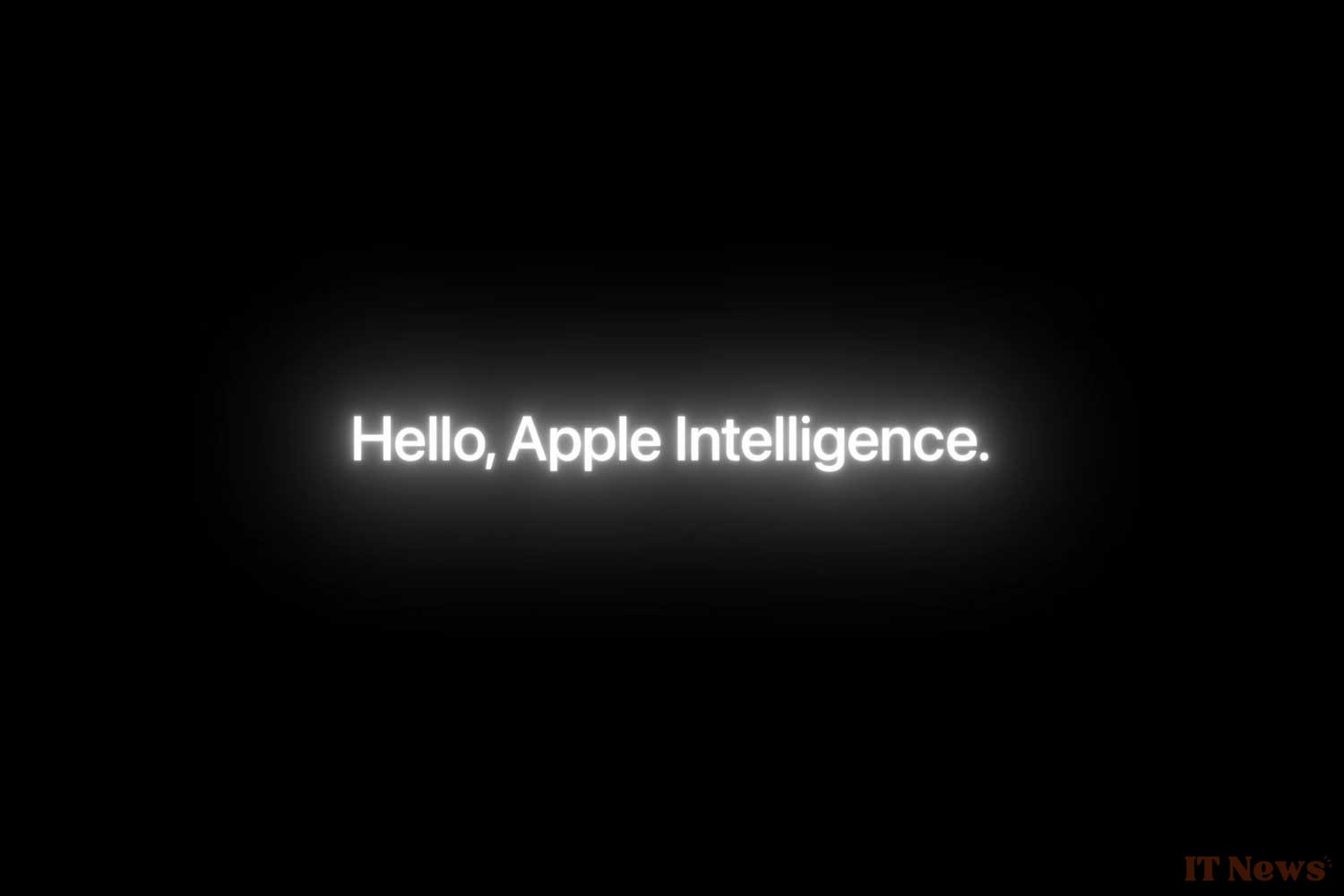What if Apple had made a mistake in its approach to artificial intelligence? The Californian company has a reputation for taking its time and launching the right product, or the right feature, at the right time. Recent history has proven Steve Jobs and Tim Cook right, with colossal successes like the iPhone, iPad, Apple Watch, AirPods, and Apple Silicon chips. On the other hand, AI seems to be giving the Cupertino giant a lot more trouble, as it finds itself at the center of a legal controversy regarding its claims about the artificial intelligence (AI) capabilities of the iPhone 16. A false advertising lawsuit has been filed in federal court in San Jose, California, reports the media outlet Axios.
The complaint seeks class action status and damages for consumers who purchased iPhone 16s and other devices compatible with Apple Intelligence. According to the plaintiffs, Apple deliberately exaggerated the capabilities of Siri and promoted AI features that were not yet available.
“Apple’s advertisements saturated the internet, television, and other airwaves to cultivate a clear and reasonable expectation among consumers that these transformative features would be available upon the iPhone’s release,” the complaint reads (PDF). It adds that “Contrary to Apple’s claims of advanced AI capabilities, the products offered a significantly limited version and entirely absent Apple Intelligence, misleading consumers about its actual usefulness and performance.” This discrepancy between marketing promises and the reality of the product is at the heart of the legal action.
Apple tried to keep up with the AI race
In June 2024, Apple caused a sensation by announcing Apple Intelligence, a suite of AI tools capable of disrupting the user experience. Presented at the time as a company lagging behind in this field, Tim Cook's firm reassured about its ability to compete with major players such as OpenAI, Google, and Meta. Among the major new features, Cupertino promised an improved version of its Siri voice assistant to rival the best AI assistants on the market.
This Siri "2.0" has since been very discreet, and the American firm has discreetly pushed back the deployment date of the new Siri. A situation that is damaging the brand image and creating internal tensions, to the point of pushing the company to reshuffle its management to relaunch Siri. At the same time, the company has quietly cleaned up its act by removing some ads promoting the new Siri after months of exposure. It has also quietly removed certain mentions from its website or added warnings about the future availability of these features.
For example, this ad has been removed from Apple's official platforms:
The plaintiffs believe these actions are insufficient to address what they call "widespread deception" by the company.
For Apple and the tech industry, the stakes are high
Caught between its promises and reality, Apple finds itself in an uncomfortable situation. This case could have serious repercussions for the Californian company, which is not used to finding itself in this type of legal situation regarding its products. It also raises broader questions about how tech companies communicate about AI, a technology that is evolving very quickly and often difficult for the general public to grasp.
It is worth noting that the complaint was filed by the law firm Clarkson, which specializes in "public interest" cases. This same firm has previously sued other giants such as Google and OpenAI for their AI practices.



0 Comments